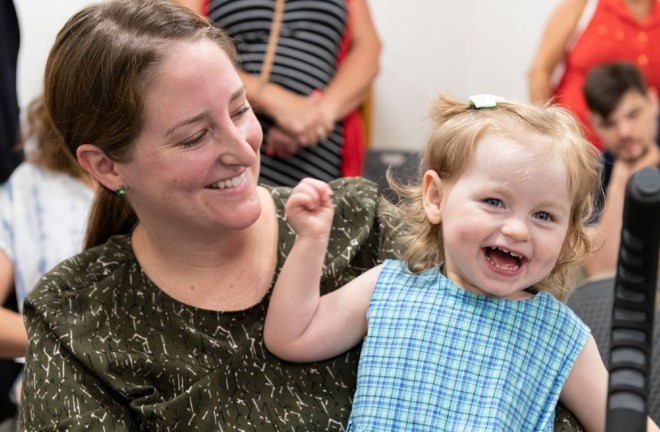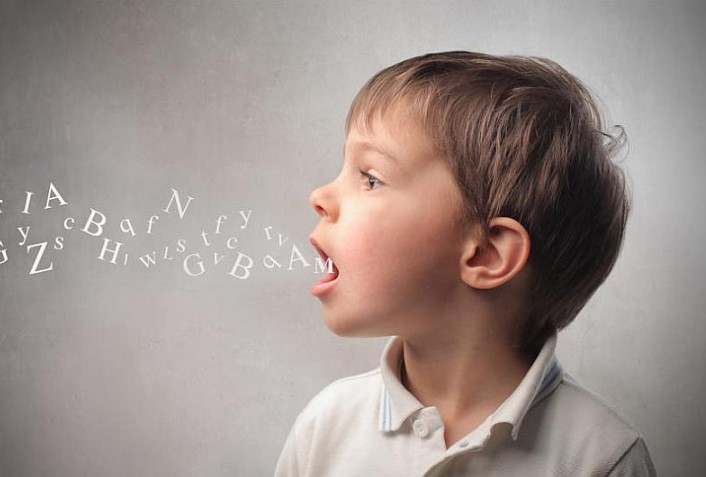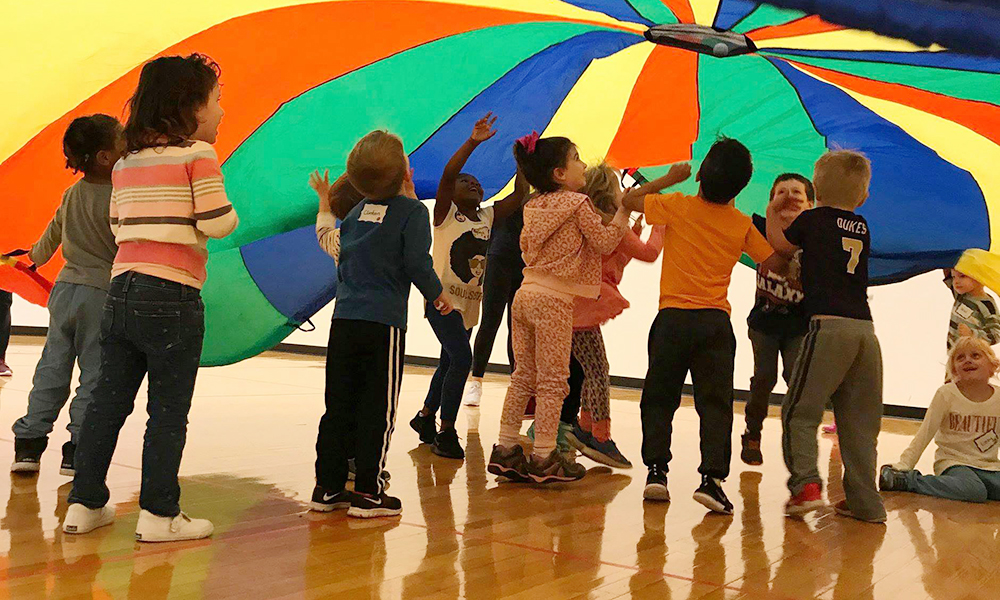How kids can take control of their health after COVID ruined it

Study after study has confirmed what parents across the country long suspected: the coronavirus pandemic — not just the disease itself, but the lockdowns and restrictions that governments enforced to combat it — has had a devastating impact on children’s physical and mental health.
“Now we’re seeing the fallout,” pediatrician Dr. Nina L. Shapiro told The Post. “And I don’t feel like it’s over by any stretch.”
A study of more than 400,000 children and teens released by the Centers for Disease Control in September found a “substantial and alarming” increase in obesity since March 2020, when schools and businesses were shuttered to slow the spread of COVID-19. Kids aged 5 to 11 saw the worst of the weight gain, another group of researchers found.
In August, psychologists at the University of Calgary reported that mood disorders had nearly doubled among children worldwide since the spring of 2020, with up to 25 percent showing signs of clinical depression.
And routine childhood vaccinations dropped last year by up to 63 percent in some areas, the CDC disclosed in October, sparking worries that outbreaks of measles and mumps are on the horizon.
The alarming trends are rooted in the severe disruptions American families experienced over the last 20 months.
“We adults felt tremendous fear, which we projected onto our children,” Shapiro said. “We forget how much children, even the youngest toddlers, can pick up on our emotions, our stress and our worries.”

For the millions of kids who missed out on sports and outdoor play, fell into poor eating habits, spent whole days glued to their electronics, and were beset by anxiety, getting “back to normal” is going to take some effort.
In “The Ultimate Kids’ Guide to Being Super Healthy” (Sky Pony Press), out now, Shapiro, a Los Angeles-based ear, nose and throat specialist, offers a hopeful antidote. She believes that kids as young as six can help their families return to healthier habits — if they appreciate how their bodies work.
“They can use real science and real words to understand these issues on a very basic level,” Shapiro said. “And then as they make decisions, they’re going to think about them a little differently.”
Her book convinces children to make healthy food choices by explaining how their muscles and cells use the carbohydrates, proteins and fats they eat — and alerting them to the way different foods may make them feel: energetic and alert, or cranky and run-down. She encourages kids to get at least one hour of physical exercise every day by demonstrating that the heart is a muscle, in need of regular workouts to remain healthy.
But sleep is the hidden post-pandemic health hazard that worries Shapiro the most, especially as the anxieties and upheavals of the pandemic wreaked havoc on children’s bedtime habits.

“Without those ordinary benchmarks of getting up, getting dressed, leaving the house, there was no end of the day,” Shapiro said. “And for kids, poor sleep affects everything: their nutrition choices, their exercise tolerance, their school day, their ability to handle stress.”
In her book, Shapiro teaches children about the sleep cycle, the two-hour block of progressively deeper stages of slumber when our brains process the day’s stimuli and our bodies grow and heal.
Crucially, broken or insufficient sleep is linked to an imbalance in leptin and ghrelin, the “hunger hormones,” causing excess appetite and food cravings the next day — perhaps a contributing factor in the recent childhood obesity explosion.

Children need five sleep cycles, or about 10 hours, of sleep each night for optimal health, Shapiro said.
“And it’s not just the number of hours, it’s the sleep quality,” she added.
Here’s how kids – and their parents, too – can re-establish healthy nighttime habits.
- “Keep a regular bedtime, even on weekends,” the doctor writes. “Believe it or not, there’s no such thing as catching up on sleep.”
- Step away from the computer — or the TV, the video game, the cellphone — at least one hour before bedtime. “Being on a screen right before you sleep can disrupt how deeply you sleep and how well you dream,” she explains.
- No snacks for that last hour, either. “The kitchen is closed,” Shapiro writes. “You can have a snack after dinner but not right before bed.”
- Try reading — to yourself, or aloud to someone else — as a calming pre-sleep ritual to signal your body that it’s time to settle down.
- “Lights out!” Shapiro recommends. “Sleeping in the darkness is the best way to sleep.”
In short, “sleep is like the best power food, coaching session, and even study session you can get,” she tells kids.







